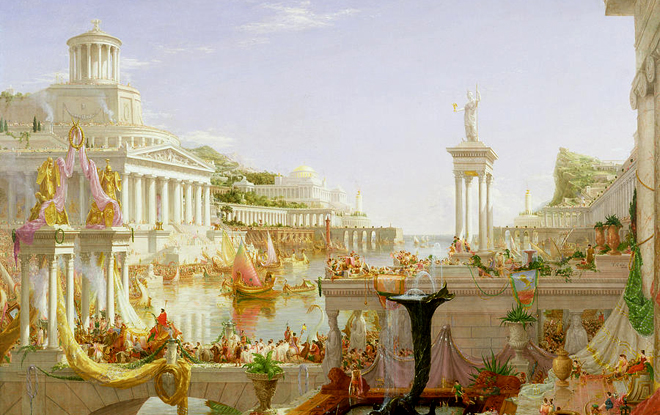Political Science 218: Selected Topics in Political Theory: Empire, and Imperialism from Rome to Washington
Quarter: Winter 2017Instructor: Anthony Pagden Anthony Pagden
This course will examine the various ideologies which sustained the European empires from Ancient Rome to the modern American ‘Empire’ (should such a thing be revealed to exist). `Empire’ here should be understood loosely to embody a universal set of beliefs about the legitimacy of certain ways of life and political formations. Clearly the modern democracies of the `West’ are not empires in the widely understood sense of the term, but there are many – particularly in the developing world – who would claim that the objectives they pursue are distinctly `imperialist'. For what modern democracies share in common with ancient empires is a single understanding of what a `civilization’ is, and the conviction that such things as rights, freedom of expression and association, even access to free markets, are the properties of all human beings, and not merely the concerns of one particular hegemonic culture. We will be discussing predominantly cultural and political transformations, how Europeans came to think of themselves as possessing a distinctive understanding of the world which they had a duty (and a right) to export, and often impose on others, and how that understanding has come to shape the modern `Global Neighbourhood’.





